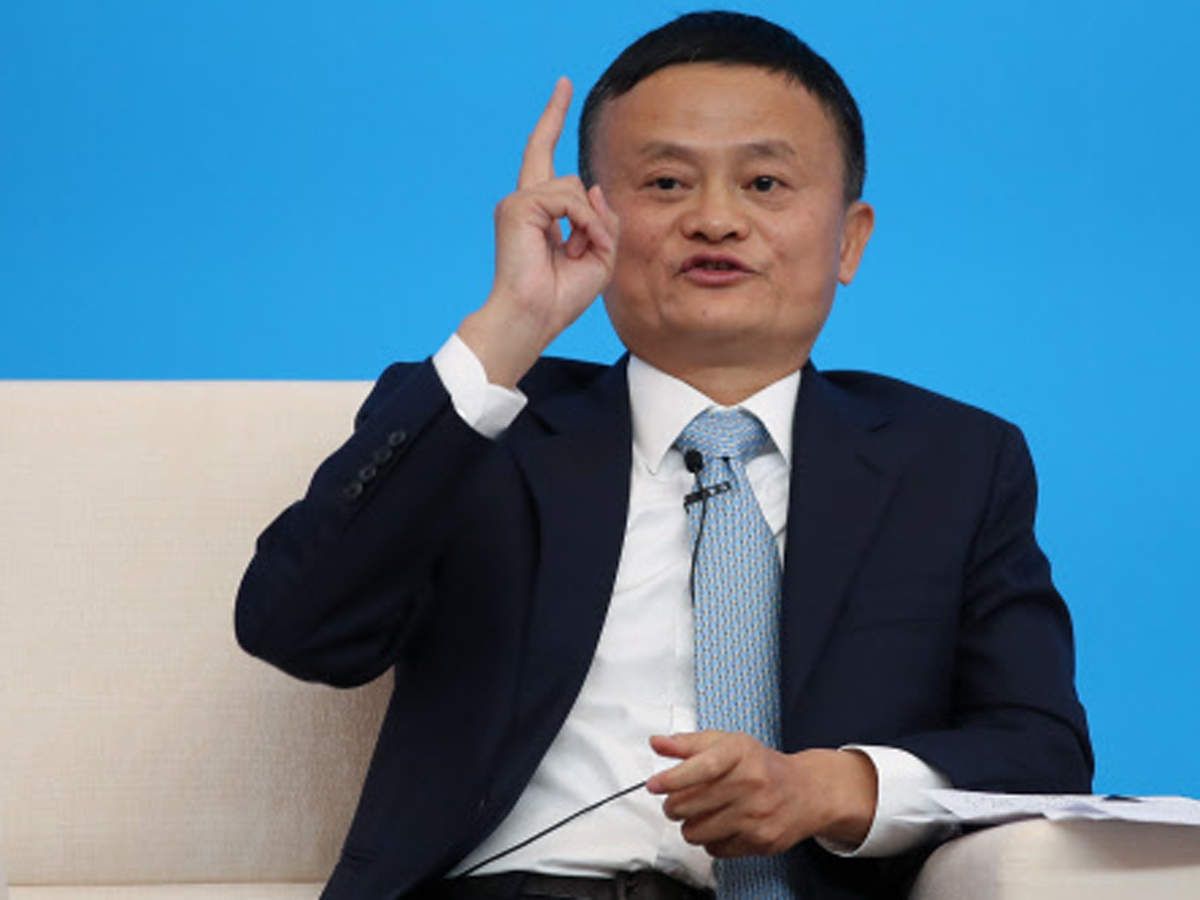Alibaba adds work/life balance to core values as pro-996 chairman retires

A few minutes every morning is all you need.
Stay up to date on the world's Headlines and Human Stories. It's fun, it's factual, it's fluff-free.
Billionaire Chinese businessman Jack Ma, an outspoken proponent of China’s “996” culture, announced his retirement on September 10. Ma co-founded the tech and e-commerce giant Alibaba in 1999, building it up over the next 20 years to become Asia’s most valuable company. He retires with the company’s market capitalization topping US $420 billion.
On the same day that Ma retired, Alibaba opened its post-Ma era by unveiling six new company values intended to strengthen company culture in the digital age:
- Customers first, employees second, shareholders third
- Trust makes everything simple
- Change is the only constant
- Today’s best performance is tomorrow’s baseline
- If not now, when? If not me, who?
- Live seriously, work happily
Both Ma’s retirement and the statement of values signal that Alibaba is looking to reshape its work environment and image. The last of the six values highlights a new focus on work/life balance, as the full company statement explains:
Work is for now, but life is forever. We want our employees to treat life seriously when they work and enjoy work as one enjoys life. We respect the work-life balance decisions of every individual.
According to many critics of the company, along with a number of Alibaba employees, this commitment to worker well-being was notably absent under Ma’s leadership.
What is 996 culture, and how did Ma help to promote it?
Ma’s public support for China’s “996" work culture triggered a domestic and international uproar. The 996 slogan refers to an intense Chinese employee regimen, under which people work from 9 a.m. to 9 p.m. six days a week.
In April 2019, the 55-year-old billionaire shared his all-in work philosophy in a blog post on the Chinese social media site Weibo, calling the opportunity to work 996 “bliss“. “If you want to join Alibaba,” he added, “you need to be prepared to work 12 hours a day, otherwise why even bother joining?" In a separate statement, Ma asserted that, “If we find things we like, 996 is not a problem.”
After Ma’s comments sparked controversy, he attempted to clarify his intentions in a subsequent Weibo post. In the new statement, he claimed that the intense work culture was merely a result of his passion for his job. “If you don’t like it, every minute [of work] is torture,” he explained, adding that requiring people to work 996 in jobs they don’t enjoy is “unsustainable."
A 996 work schedule is common today at many Chinese tech giants and startup companies. Even though China’s basic labor law prohibits more than 36 hours of overtime per month for most workers, the government seldom enforces the law in the tech field. The companies also tend to avoid explicitly requiring a 996 commitment. Instead, they establish corporate cultures where it is strongly implied that dedicated employees will work overtime voluntarily.
[article_ad]
Backlash against Alibaba’s overtime policy
On the website Glassdoor, which allows employees and job candidates to review the working culture at companies, Alibaba Group has an overall rating of 3.9 out of 5 stars. Among the five rated categories, Work/Life Balance has the lowest rating, at 2.6 stars. (The other categories are Culture & Values, Senior Management, Compensation & Benefits and Career Opportunity.)
Nearly 10% of the Glassdoor reviews mention the poor work/life balance that stemmed from Ma’s all-in requirement for his employees. “Work/life balance is really bad there and no overtime pay,” said one employee.
Ma’s statements have even provoked criticism from the Chinese government. Although it didn’t call out Ma by name, the state-run newspaper People’s Daily wrote in response to his advocacy of 996 culture,
“Advocating hard work and commitment does not mean forcing overtime. The mandatory enforcement of 996 overtime culture not only reflects the arrogance of business managers but also is unfair and impractical.”
Studies have shown that long working hours and poor work/life balance correlate with a range of physiological and psychological issues, including heart disease, stress, depression and burnout.
What’s next for Alibaba?
Ma retired as the richest man in China, with an estimated net worth of about $40 billion. He has projected that if Alibaba continues to grow at its current rate, the company will serve 2 billion customers and create up to 100 million jobs by 2036.
Following Ma’s retirement, Daniel Zhang has taken over as Alibaba’s new executive chairman. Zhang has been described as a thoughtful and humble leader who is expected to refresh Alibaba’s working culture, while bringing the company into the next phase of the fast-paced digital era.
Zhang has said that workers might interpret the company’s newly articulated values in different ways. Still, he hopes that the six principles will unite Alibaba employees. It is unclear, however, whether he will put any specific plan in place to free his employees from the rigors of 996, so that they can “live seriously, work happily” as set out in the values.
In any event, simply including worker well-being in statements of the company’s mission is a significant first step. Alibaba’s previous core values of customer first, teamwork, embrace change, integrity, passion and commitment made no mention of work/life balance at all.
[article_ad]




Comments ()